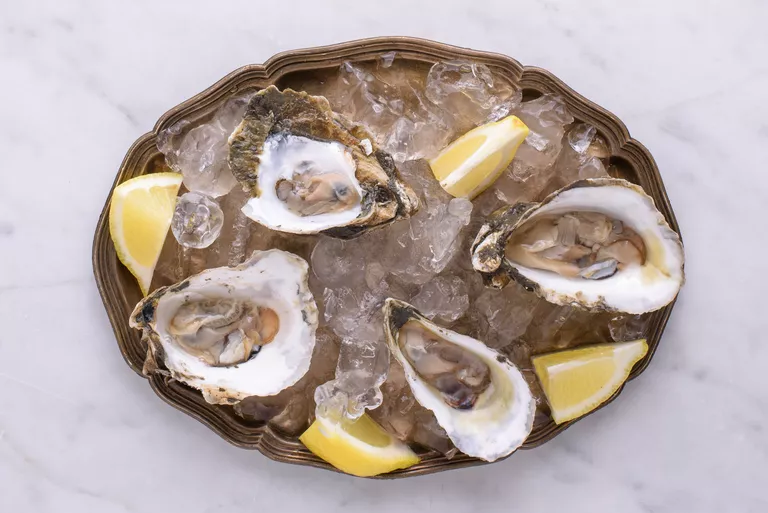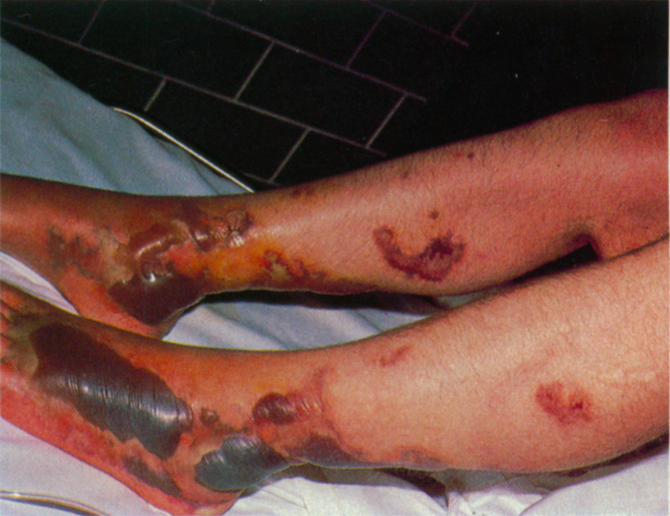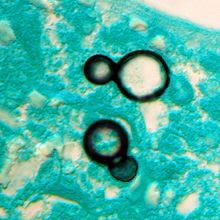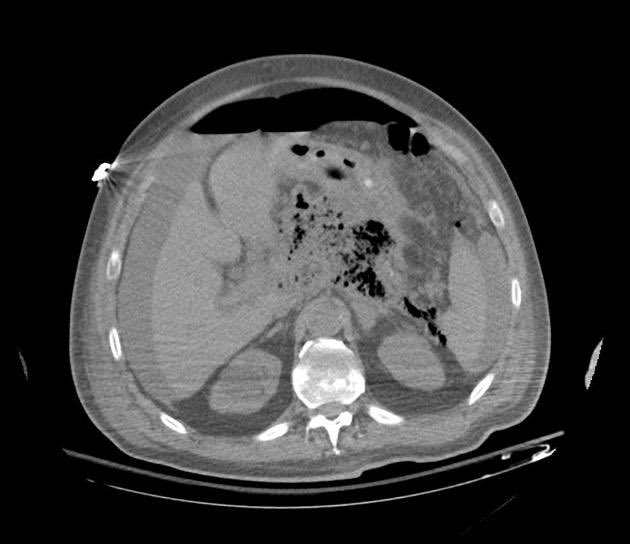
Confused about remdesivir in light of the Solidarity trial?
Some experts say the data prove no general mortality benefit. Others say the study was flawed.
Fortunately there have been thoughtful analyses on Twitter from smart & respected ID experts which I’ve threaded together👇
Some experts say the data prove no general mortality benefit. Others say the study was flawed.
Fortunately there have been thoughtful analyses on Twitter from smart & respected ID experts which I’ve threaded together👇
Firstly, how did we get here? A review of the timeline of remdesivir studies and their findings by @zchagla
https://twitter.com/zchagla/status/1317232407066673154
Thoughtful analysis in the conflicting data from Dr Paul Sax, one of the most respected ID minds around
https://twitter.com/paulsaxmd/status/1317840625794940928
A slightly different interpretation from an expert recently described to me as “the person who knows the COVID19 therapy literature better than anyone”
https://twitter.com/jpogue1/status/1317862206944444416
Some perspective from one of the Solidarity trial authors
https://twitter.com/srinmurthy99/status/1317906700104429568
Appraisal from an Australian ID physician and clinical trialist with no skin in the game
https://twitter.com/Josh_S_Davis/status/1317789424697053187
An astute analysis that explains why people interpret the same data differently
https://twitter.com/syctong/status/1317921963881320448
What do you think?
If you would like to dissect and discuss the study in depth with ID physicians, pharmacists, trialists, and a range of trainees, I invite you to join our Twitter-based journal club, #IDJClub, on October 26 at 9 ET. Everyone welcome!
If you would like to dissect and discuss the study in depth with ID physicians, pharmacists, trialists, and a range of trainees, I invite you to join our Twitter-based journal club, #IDJClub, on October 26 at 9 ET. Everyone welcome!
https://twitter.com/IDJClub/status/1317914950413606912
• • •
Missing some Tweet in this thread? You can try to
force a refresh













